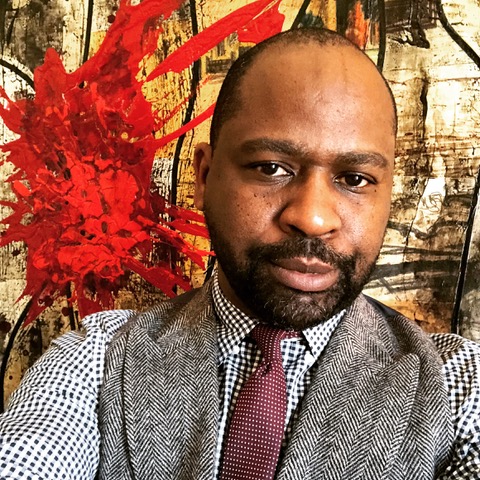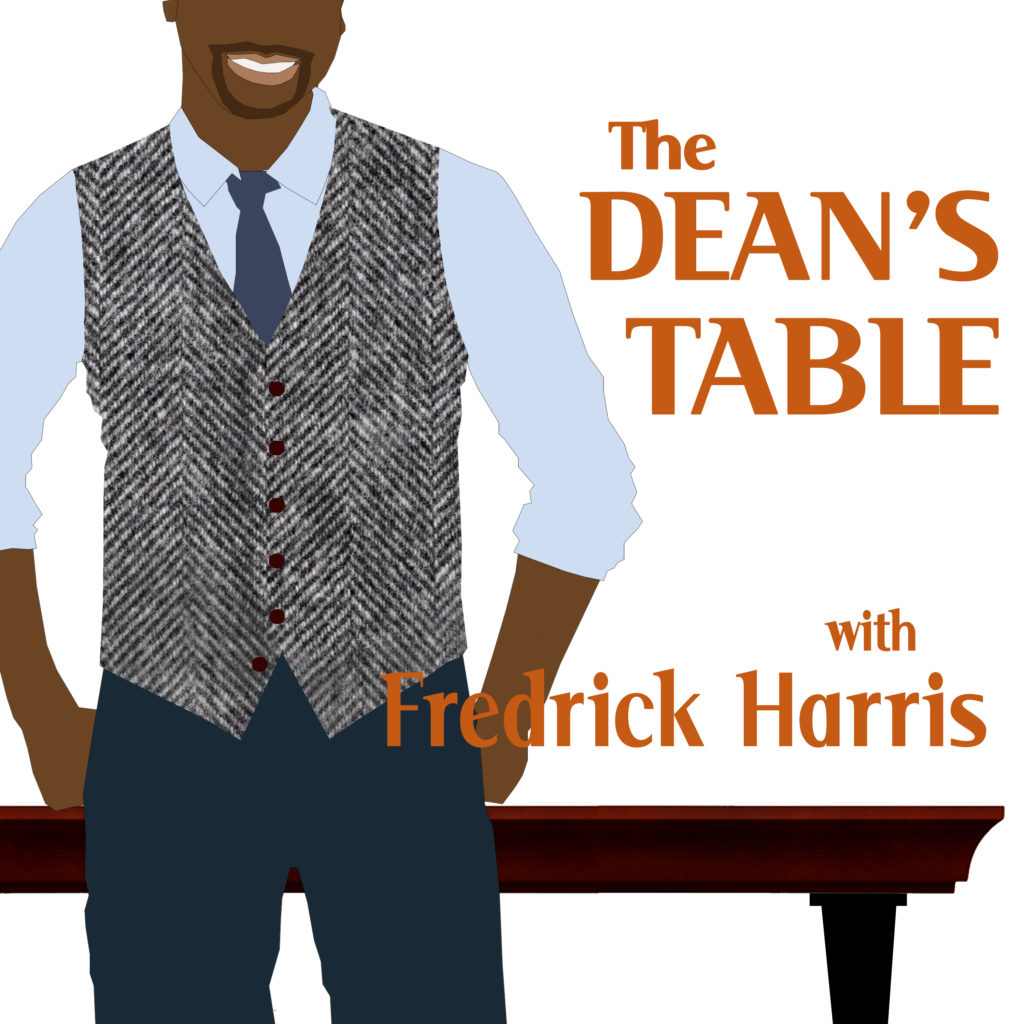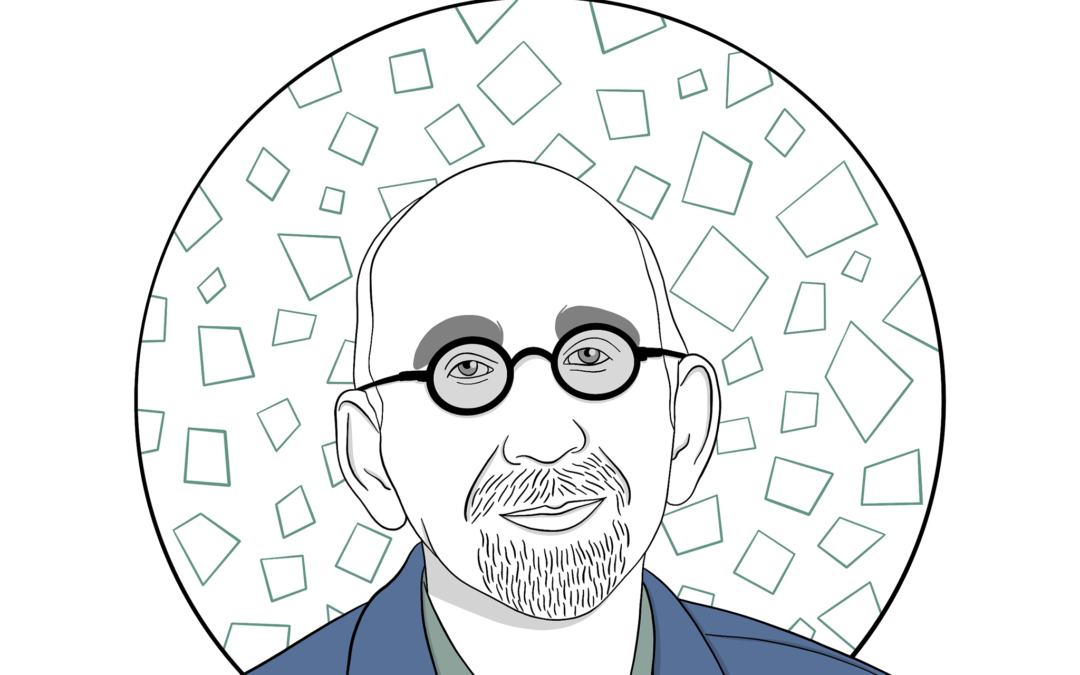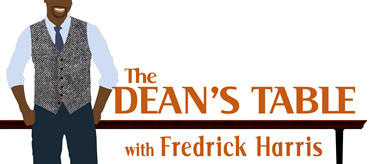Welcome to The Dean’s Table – Introduction – DT000
Listen Now
Podcast: Play in new window | Download (Duration: 3:16 — 7.5MB)
Stay alerted
If you enjoyed today’s podcast, consider subscribing using your favorite podcast player and never miss a future episode!
About the Episode
Today’s episode is a special sneak peek at the upcoming podcast series, there is no special guest today. The Dean’s Table is a new podcast series created by Fredrick Harris, Professor of Political Science and Dean of Social Science at Columbia University.
Today’s Guest

Fredrick Harris
Dean of Social Sciences

Welcome to The Dean’s Table – Introduction – DT000
Podcast Transcript
Fredrick Harris: Here at Columbia University, we like to think that we know our professors. We read their work. We attend their classes. We hear their presentations at conferences.
But how well do we really know them?
This is The Dean’s Table, a podcast that pulls back the curtain on the ivory tower. We feature the scholarship, lives, and imaginations of social scientists. And I’m Fredrick Harris, professor of Political Science and Dean of Social Science here at Columbia, and your host on the show.
You’re going to hear Columbia faculty speak unscripted, honestly and candidly, about their lives and their work. You’ll hear them remember their days as college and graduate students.
Jennifer Lee: I was reading Durkheim’s Suicide and, I’ll never forget, I was so hooked. I was reading it on the subway. I was reading it on my way to the gym.
Claudio Lomnitz: I was, I think, I was finding it a little difficult to translate between my experience in the academy, in the university here, and what was going on there.
Esther Fuchs: We had to analyze the data on punch cards. Okay. (Laughs)
You’ll hear how they think about their scholarship.
Esther Fuchs: What became very important to me was to understand how do you get things done in government.
Claudio Lomnitz: My idea was to write a short book and that rarely has happened to me. I tend to go for these long-winded things. It’s terrible.
Jennifer Lee: And one of the things I noticed is that none of the classes really reflected my experiences. And so that was a commitment that I made that when I become a faculty member: that I would offer the kind of courses that were not offered to me.
You’ll hear their thoughts on teaching.
Jennifer Lee: If you asked me in high school could I ever see myself lecturing in front of, say, 200 people, I would have just passed out and said no.
Esther Fuchs: If a professor comes into a political science course and says to you they’re completely objective and they have no politics, either they’re lying or it’s going to be a very boring course.
You’ll hear about their relationship to the university.
Claudio Lomnitz: I think that although social scientists tend sometimes to sort of envy the public intellectual kind of role, the more enviable role to me is the scholarship one.
And you’ll hear their opinions about some of the most pressing and controversial issues of our time.
Jennifer Lee: Asian Americans, I think, are thinking very myopically about affirmative action.
Claudio Lomnitz: There is a lot of political capital that can be gained from conflict and from polarization. Mexico is useful because it’s a cheap conflict.
Esther Fuchs: This is what we need. We need this infrastructure. That’s the issue. Not that we don’t need Amazon. We need Amazon. This is the transformation of an old industrial 20th century economy into the 21st century economy. New York needs tech jobs!
Join us. Our first three episodes drop February 4th.
Latest Episode

Professor of Political Science & History Ira Katznelson – DT015
Podcast: Play in new window | Download (Duration: 1:00:44 — 139.0MB)
